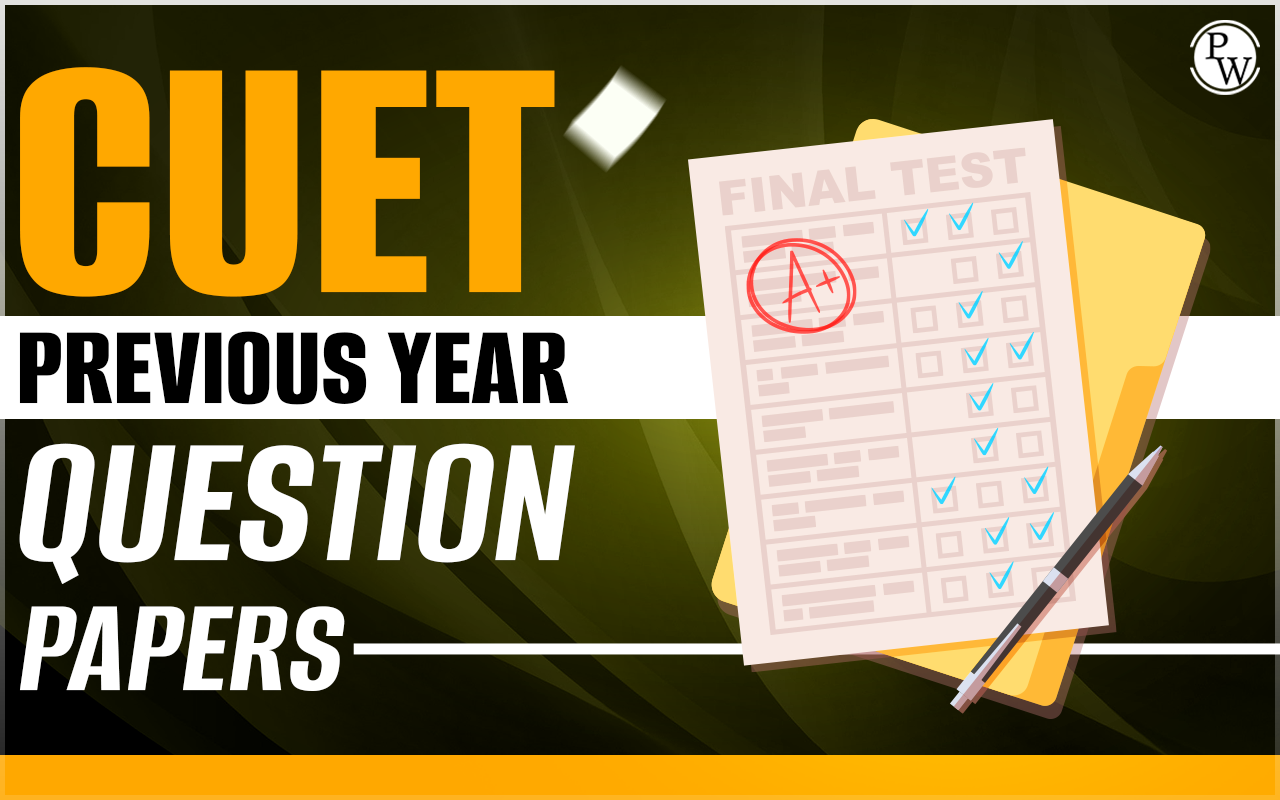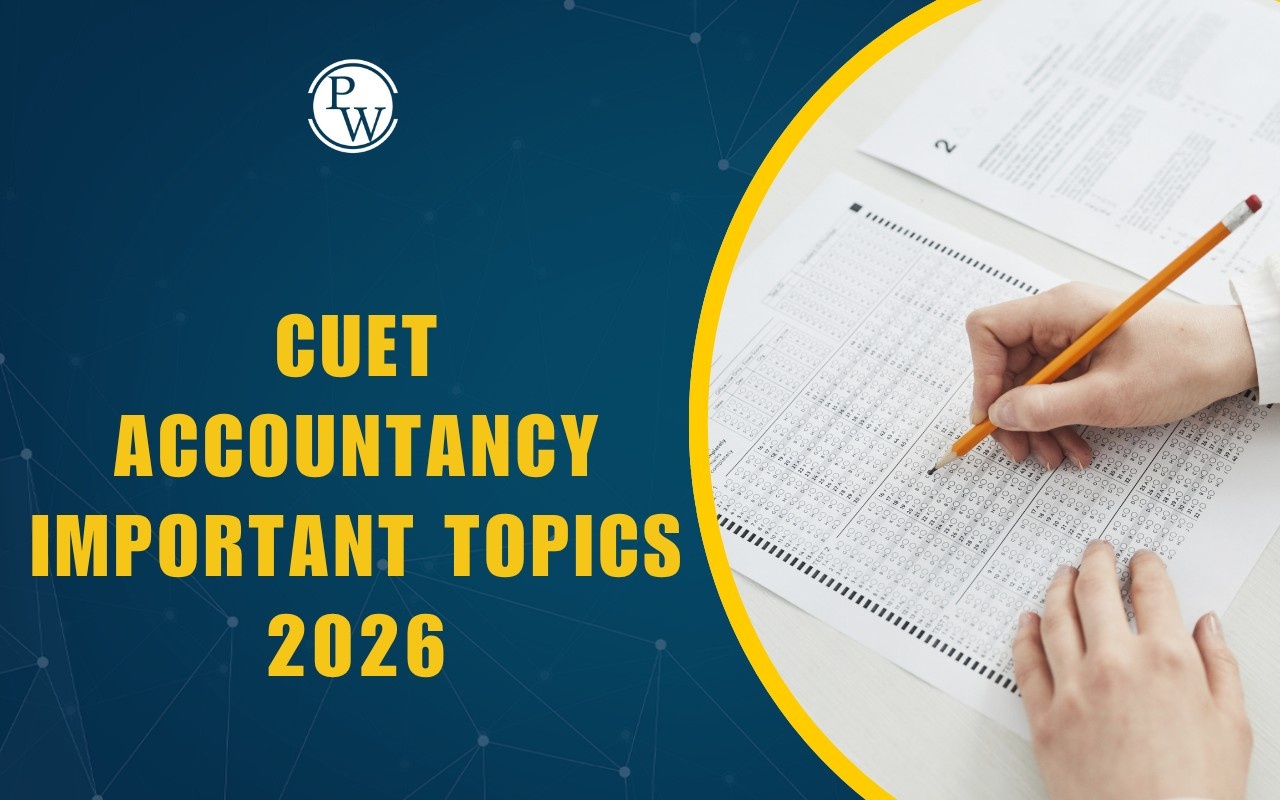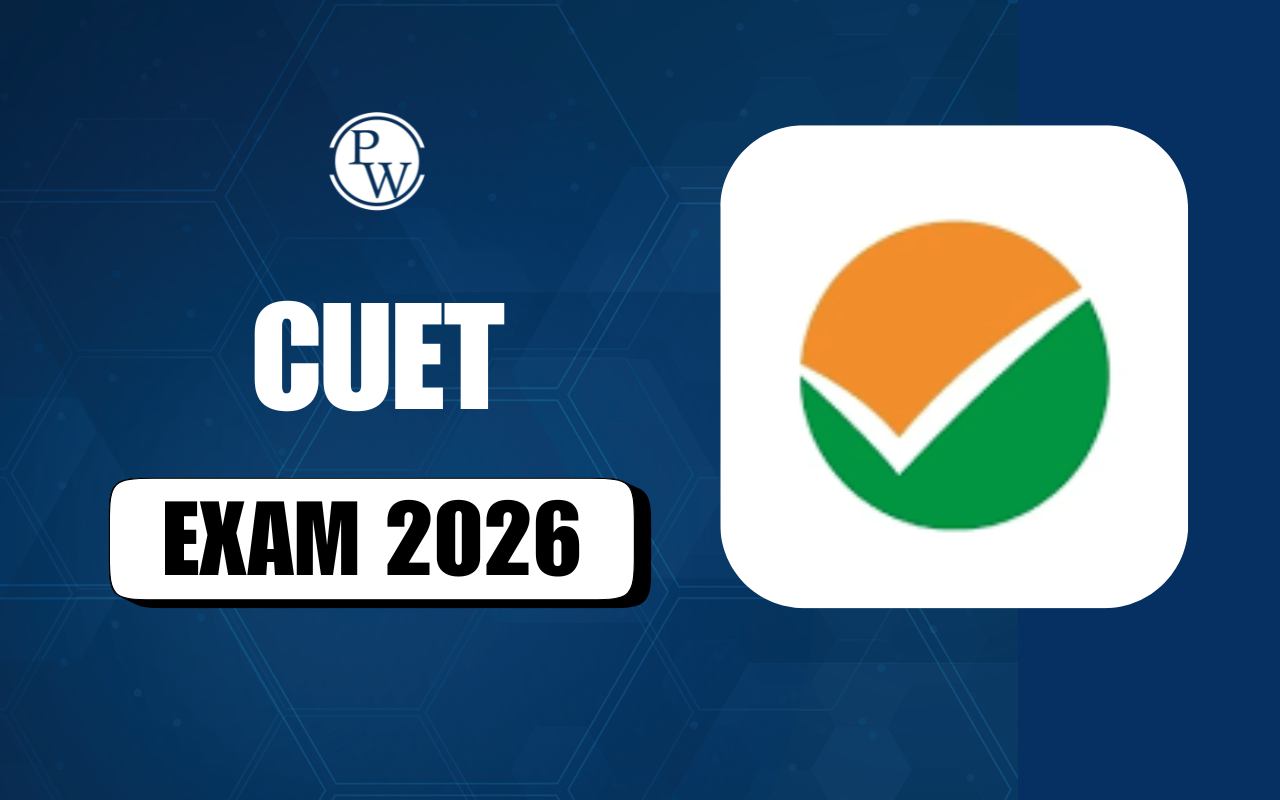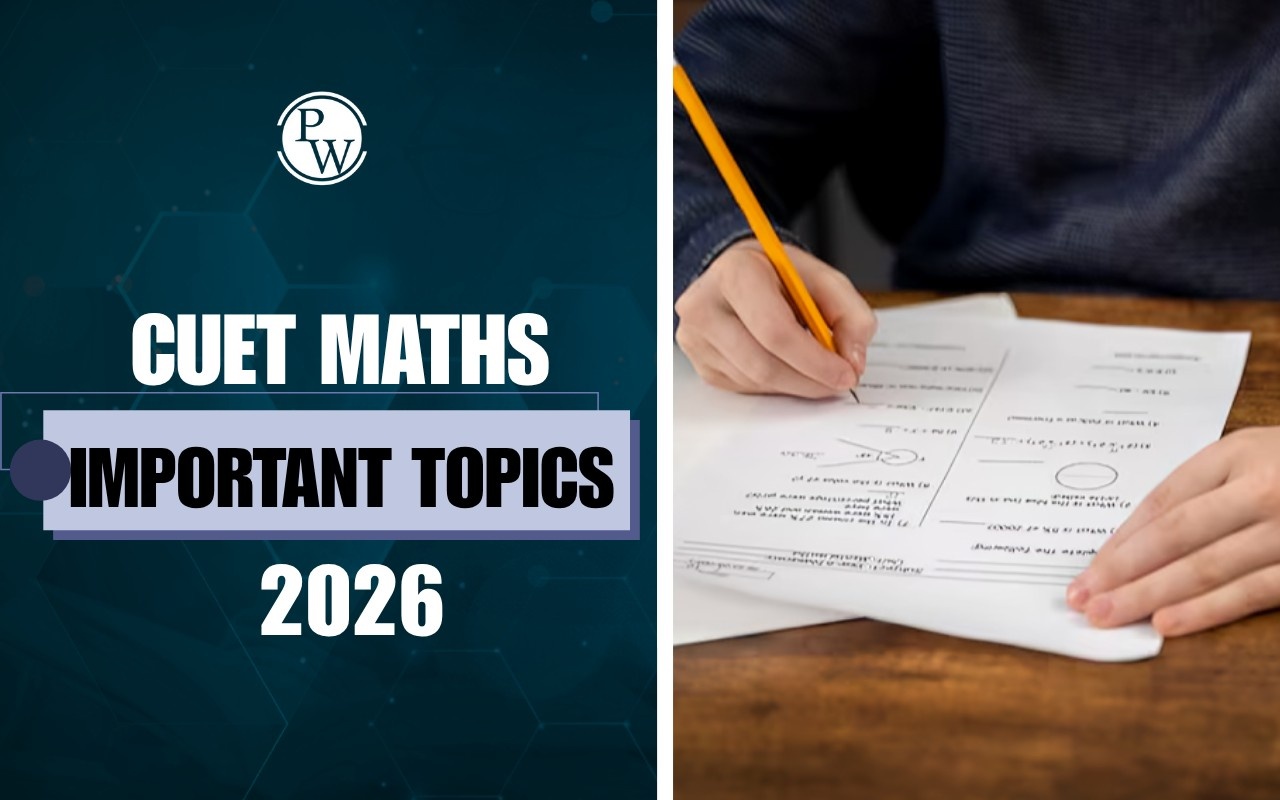

Is CUET Based on NCERT Syllabus 2025? : The Common University Entrance Test (CUET) is one of the most significant entrance exams for students seeking admission to central universities and other participating institutions in India. As CUET gains importance, many aspirants wonder:
Is CUET based on the NCERT syllabus?. While NCERT books are highly recommended for various competitive exams, CUET is not entirely based on NCERT content. It assesses a student’s aptitude, domain-specific knowledge, general awareness, mathematical reasoning, and language proficiency.
Is CUET Based on NCERT Syllabus?
The CUET exam includes multiple sections, each evaluating different aspects of a student’s knowledge and skills. While domain-specific subjects in Section II of CUET are based on the Class 12th syllabus, other sections go beyond NCERT.
Why Is CUET Not Entirely Based on NCERT?
While NCERT books are essential for understanding basic concepts, CUET (Common University Entrance Test) is not entirely based on the NCERT syllabus. CUET assesses students on multiple parameters, including analytical skills, general awareness, language proficiency, and mathematical aptitude, which go beyond NCERT textbooks.
Here’s why CUET is not solely based on NCERT books:
1. CUET Tests Analytical & Logical Reasoning Skills
-
NCERT books focus on theoretical concepts and subject knowledge, but CUET requires problem-solving and critical thinking.
-
The exam includes logical reasoning, numerical ability, and data interpretation, which require additional practice beyond NCERT textbooks.
2. Language Proficiency Is More Advanced
-
The language section in CUET tests reading comprehension, grammar, and vocabulary, often requiring knowledge beyond NCERT English and Hindi books.
-
Students must practice synonyms, antonyms, sentence completion, and passage-based questions from external sources.
3. General Awareness Is Not Covered in NCERT
-
Current affairs, general knowledge, and contemporary issues are a crucial part of CUET, but NCERT textbooks do not cover these topics in detail.
-
Students must read newspapers, magazines, and online resources to stay updated on national and international events.
4. Mathematical Aptitude Requires Additional Practice
-
While NCERT maths books lay a strong foundation, CUET may include higher-level problem-solving questions that require extra practice.
-
Students need to refer to competitive exam books, previous year CUET papers, and mock tests for better preparation.
5. Domain Subjects Go Beyond NCERT Concepts
-
Section II (Domain-Specific Subjects) of CUET is based on the Class 12 syllabus, but some universities may include additional topics beyond NCERT books.
-
Aspirants should check individual university requirements and refer to extra reference books if necessary.
Are NCERT Books Sufficient for CUET 2025 Preparation?
Even though CUET is not entirely based on the NCERT syllabus, these books are highly beneficial in certain areas : NCERT books are considered the foundation for many competitive exams in India, including CUET (Common University Entrance Test). However, the question remains: Are NCERT books sufficient for CUET 2025 preparation? The answer is partially yes—while NCERT books provide a strong base, they are not enough to fully prepare for CUET.
Why Are NCERT Books Important for CUET Preparation?
NCERT textbooks play a crucial role in CUET preparation for the following reasons:
1. CUET Syllabus Alignment with Domain Subjects
-
CUET's Section II (Domain-Specific Subjects) is based on the Class 12 syllabus, making NCERT books a primary study resource.
-
If you’re preparing for subjects like Physics, Chemistry, Biology, Mathematics, Economics, and History, NCERT textbooks are highly recommended.
2. Strong Conceptual Clarity
-
NCERT books provide clear and concise explanations of fundamental concepts, making them ideal for building a strong foundation.
-
They help in understanding theories, definitions, and formulas that are frequently asked in CUET.
3. Recommended by NTA (National Testing Agency)
-
The National Testing Agency (NTA), which conducts CUET, suggests NCERT books as one of the main study resources for preparation.
-
Many CUET domain-specific questions are directly picked from NCERT books.
Why Are NCERT Books Not Enough for CUET?
While NCERT books help in understanding core subjects, CUET also tests logical reasoning, language proficiency, and general awareness, which NCERT books do not cover in detail.
1. Aligned with CUET Domain Subjects
-
CUET’s Section II (Domain-Specific Subjects) is based on the Class 12 syllabus, making NCERT books an important resource.
-
Subjects like Physics, Chemistry, Biology, Mathematics, Economics, and History follow the NCERT syllabus closely.
2. Conceptual Clarity
-
NCERT books explain fundamental concepts in a simple and structured manner.
-
They help in building a strong understanding of topics that may appear in the exam.
3. Recommended by NTA (National Testing Agency)
-
The National Testing Agency (NTA), which conducts CUET, suggests that NCERT books are valuable study resources.
-
Many domain-specific questions in CUET are based on concepts from NCERT books.
How to Use NCERT Books for CUET Preparation?
To maximize the benefits of NCERT books in CUET preparation, students should adopt a structured approach.
1. Start with the Basics
-
Begin by reading NCERT books thoroughly to build a strong conceptual foundation.
-
Pay special attention to definitions, key terms, formulas, and summaries.
2. Supplement with Additional Resources
-
While NCERT books cover fundamentals, CUET includes application-based questions.
-
Use CUET-specific guidebooks, mock tests, and cuet previous year question papers to improve problem-solving skills.
3. Practice Regularly
-
Solve CUET sample papers and mock tests to understand the question format and difficulty level.
-
Revise regularly using NCERT’s end-of-chapter exercises and additional practice materials.
4. Enhance Critical Thinking Skills
-
Since CUET focuses on analytical ability, practice logical reasoning and data interpretation questions.
-
Engage in current affairs discussions and newspaper reading to improve general awareness.
How to Read NCERT Books for CUET Preparation?
To make the most of NCERT books, follow these reading strategies:
|
Aspect |
Details |
|
Stay Updated |
Use the latest NCERT books from ncert.nic.in to ensure updated content. |
|
Review Chapter Overviews |
Before reading, skim through headings, subheadings, and visual aids (graphs, tables) to get an overview. |
|
Focus on End-of-Chapter Quizzes |
Solve chapter-end exercises as they highlight important concepts and frequently asked questions. |
|
Use a Highlighter |
Mark key definitions, formulas, and concepts to facilitate quick revisions. |
|
Summarize Key Concepts |
Take short notes for each chapter, which can serve as quick revision tools before the exam. |
Is CUET Based on NCERT Syllabus 2025 FAQs
Q.1 : Is CUET 2025 completely based on NCERT?
Q.2 :How important are NCERT books for CUET preparation?
Q.3 : Can I prepare for CUET 2025 using only NCERT books?
Q.4 : Does NTA recommend NCERT books for CUET?













